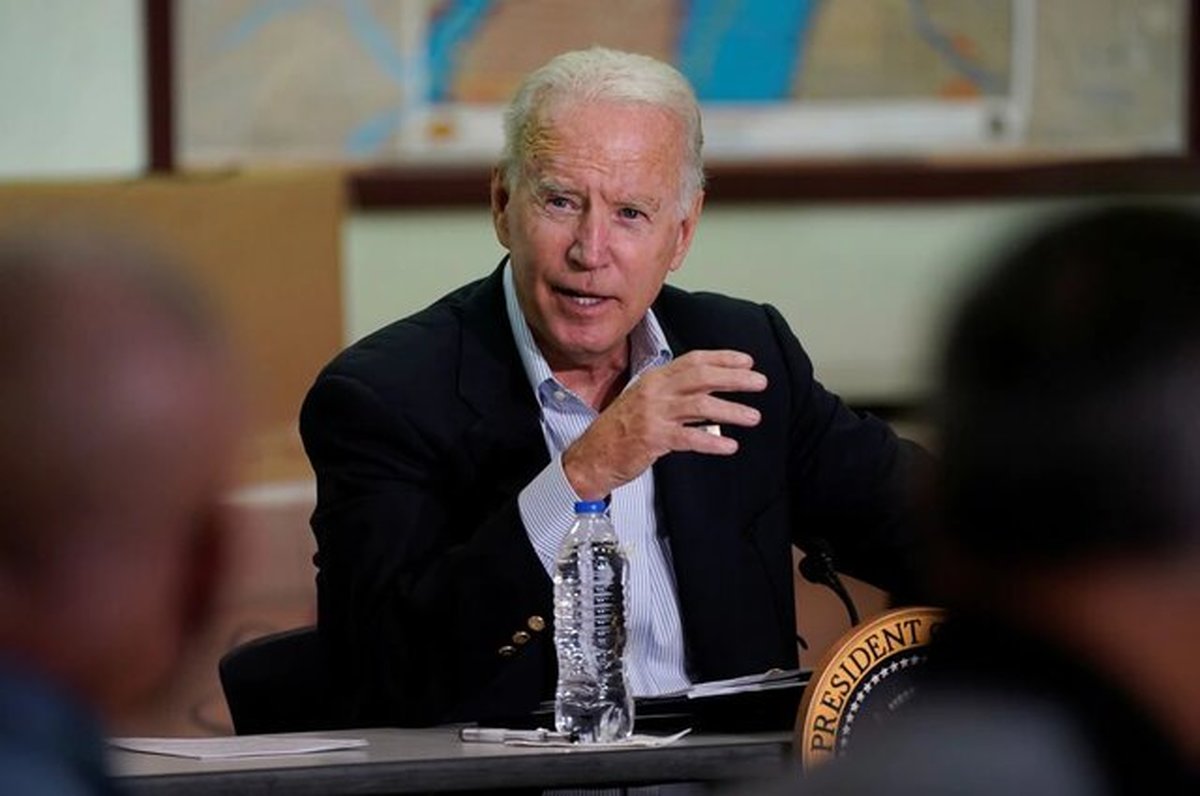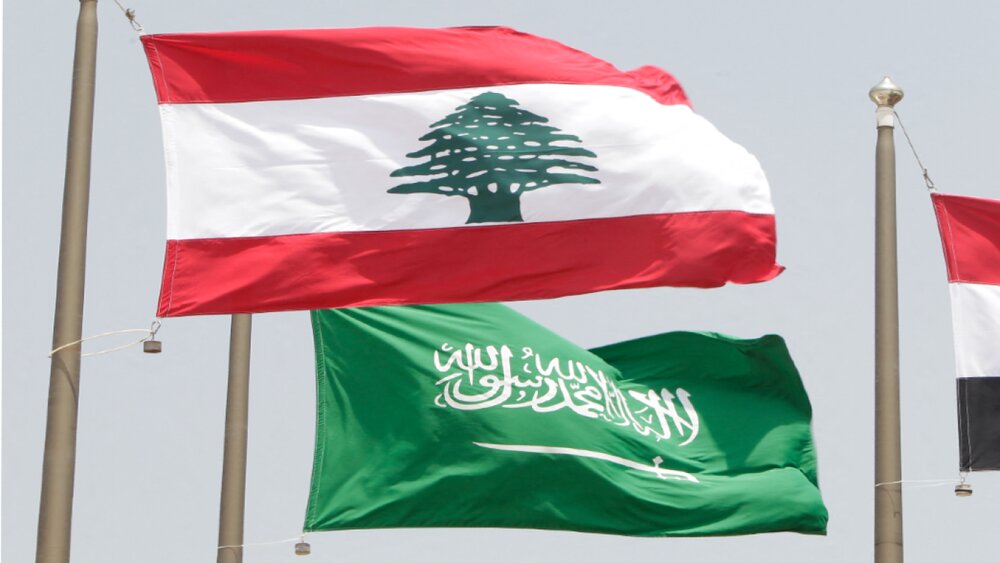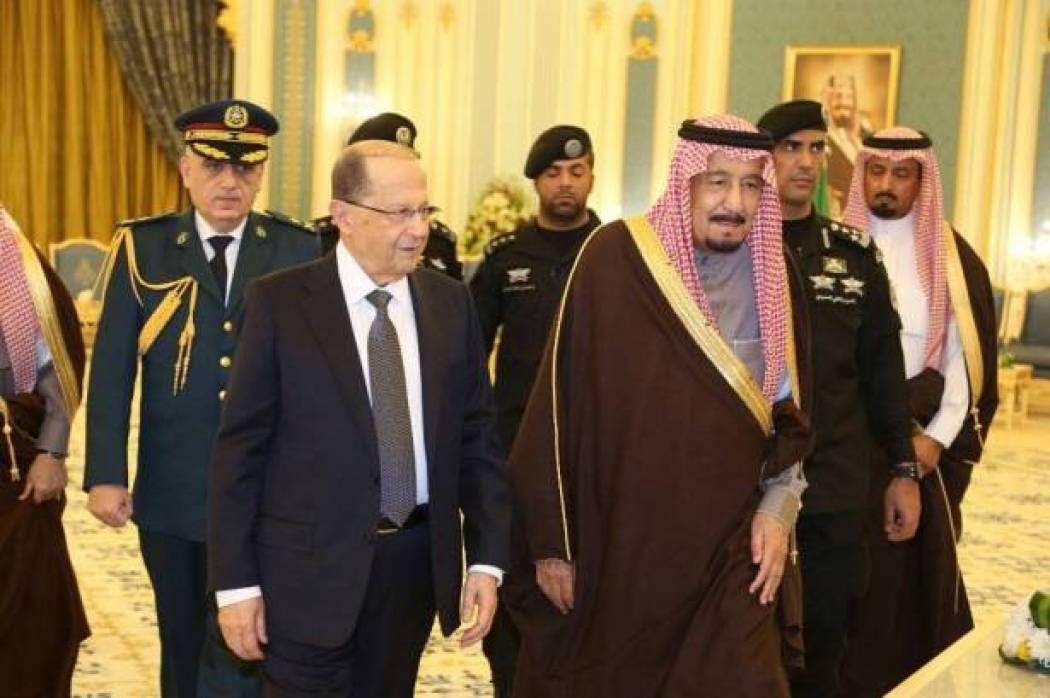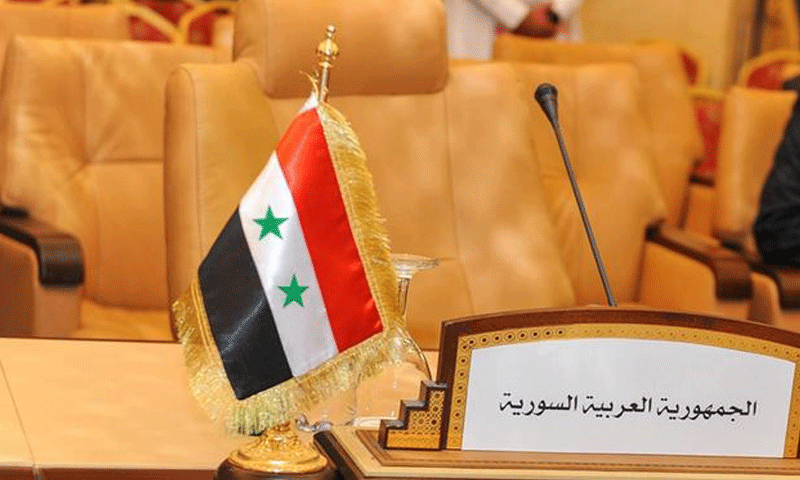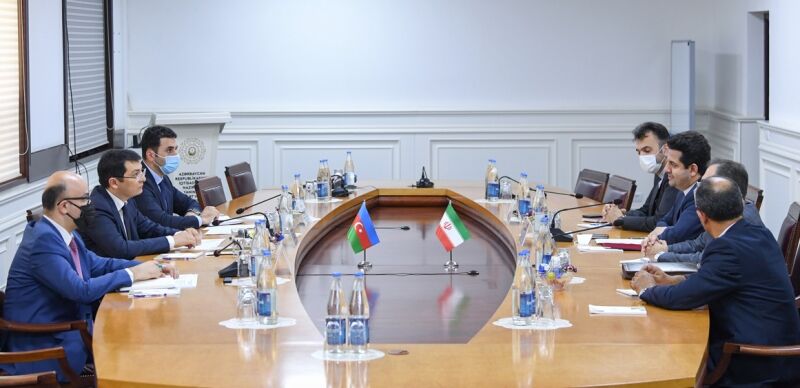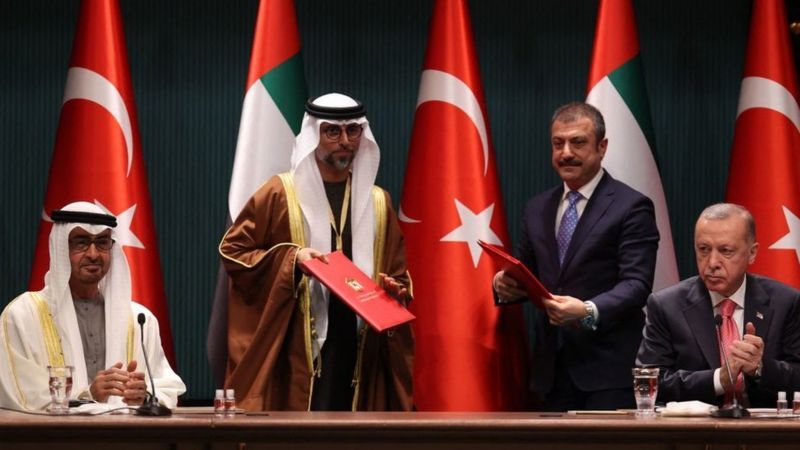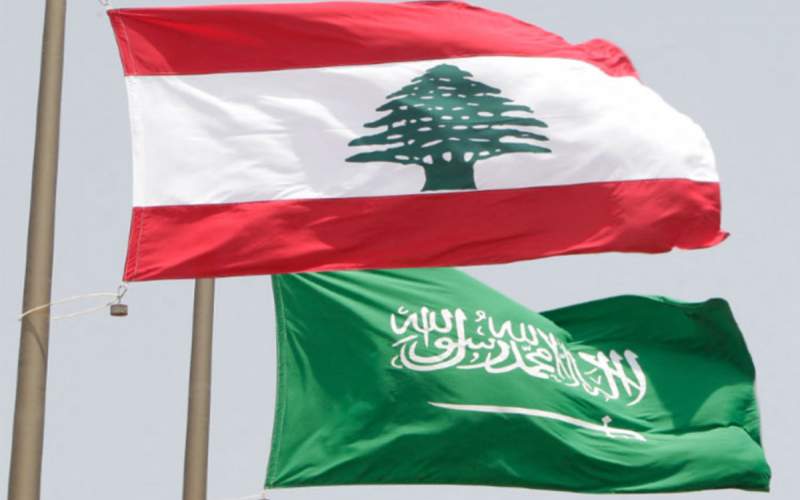Implications of Military Tension between Iran and Zionist Regime on the Gaza War
Strategic Council Online – Interview: An expert on regional issues said: One of the strategic and long-term dimensions of Iran’s tough missile-drone response to the Occupied Territories will be the further withdrawal of the Zionist regime from its positions in the Gaza war.










